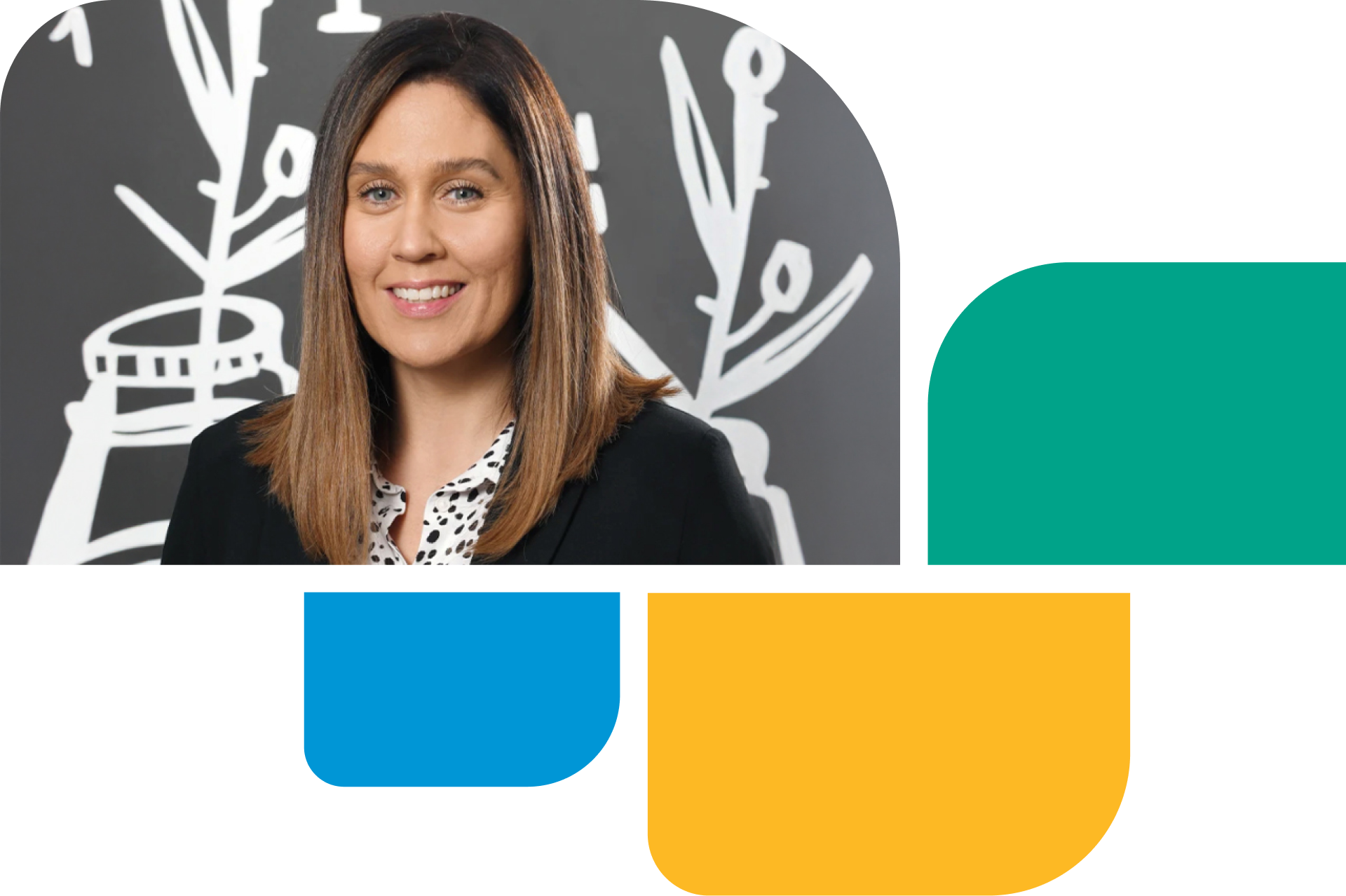Welcome to PRIMARY YEARS PROGRAMME
A holistic approach to curriculum design placing the child at the centre of the learning process.
About THE
Primary Years Programme
The Early Childhood Programme at GEMS World Academy – Dubai is an inquiry-based, developmental curriculum for children aged 2.5 to 6.5 years. We believe each child has unique gifts, learning styles, and potential, and we nurture these through personalised, engaging experiences. Guided by the IB PYP framework, children explore key concepts through units of inquiry that integrate language, maths, science, social studies, and art. Learning is enriched by specialist lessons in PE, swimming, music, art, ICT, and library. Arab Studies begins in KG1 to foster appreciation of local culture. Our child-centred classrooms are warm, welcoming spaces designed to spark curiosity and encourage exploration. The IB Learner Profile underpins everything we do, helping students become confident, caring, and reflective global citizens. Teaching is collaborative, balancing structured learning with opportunities for free discovery.
Welcome from our
PYP CoOrdinator
ANGELA ROBERTS
PRIMARY YEARS PROGRAMME COORDINATOR
Angela graduated from Glasgow Caledonian University with a degree in Retail Management, later earning her PGDE from Glasgow University in 2006. She began her teaching career in Scotland and moved to Dubai in 2008. Angela joined GEMS World Academy in 2017 and has taught across lower primary. She leads the UNSDG Junior Ambassadors Enrichment, inspiring students to explore the Sustainable Development Goals. In 2021, she became the PYP Coordinator, supporting the learning community in planning and deepening their understanding of the PYP. She recently completed her NPQSL and looks forward to further embedding the IB philosophy across the school.
Angela believes in empowering every child to flourish, guided by Helen Keller’s words: “A well-educated mind will always have more questions than answers.”

Explore our
Primary Years Curriculum
GEMS World Academy – Dubai is an IB World Academy offering the Primary Years Programme (PYP), which takes a holistic approach to curriculum design. The PYP places the child at the centre of learning, addressing their personal, social, emotional, and physical needs.
ELEMENTS OF PYP
Dispositions
Dispositions are a set of attributes for the Learner Profile to nurture active, compassionate and lifelong learners. The Learner Profile attributes are; Inquirers, Knowledgeable, Thinkers, Communicators, Principled, Open-minded, Caring, Risk-Takers, Balanced and Reflective.
ELEMENTS OF PYP
Concepts
Concepts are the powerful ideas that have relevance within the individual subject areas. These overarching ideas transcend individual subjects and link the programme, enabling students to explore and re-explore them to gain an in-depth, coherent understanding.
ELEMENTS OF PYP
Skills
Skills are taught, as we know that in order to be lifelong learners, we must equip students with the necessary skills for learning. The skills emphasised within the programme include; thinking skills, social skills, communication skills, self-management skills and research skills.
ELEMENTS OF PYP
Knowledge
Knowledge is explored through six subjects: Maths, English & Arabic, Social Studies, Science, PSPE, and the Arts. These are taught via six transdisciplinary themes, with integrated inquiry units. In Pre-K to KG2, four themes may be chosen per year.
ELEMENTS OF PYP
Action

Action is the final essential element, and it is the demonstration of deeper learning through responsible behaviour. Action is how students show that they have combined the other four essential elements together in their own lives, and completed something with the skills, knowledge, concepts and attitudes they have learned.
LEARNING STYLES
Approaches to Learning
Approaches To Learning (ATL) are key skills and strategies embedded in lessons to enhance your learning. These include:
- Thinking skills
- Communication skills
- Social skills
- Self-management skills
- Research skills
We encourage you to actively improve these skills through various learning opportunities.
LEARNING STYLES
Transdisciplinary Learning
Transdisciplinary Learning integrates knowledge, skills, and understanding across subjects, allowing students to make real-world connections that go beyond traditional classroom boundaries. It focuses on creating transferable understandings, rather than memorising isolated facts for short-term use.
Student
Wellbeing
At GEMS World Academy – Dubai, we nurture every child by supporting their academic development, as well as their social and emotional wellbeing. Through the IB Primary Years Programme, students are encouraged to become confident, independent, and reflective learners who take ownership of their educational journey. Within a warm, inclusive environment, they are inspired to embrace challenges, grow in resilience, and develop the skills needed to thrive in a dynamic, global world.
Global
Citizenship
Making an active contribution to your local and global community
- We respect and celebrate our diversity and recognise that there are many things that unite us all
- We make a difference in our local communities so that we can build a sustainable planet to share
- We build bridges of knowledge, push boundaries and unite young people
- We aim to produce not just great students, but great people who always act with honesty, confidence and integrity
Encouraging
Lifelong Learning
The PYP is committed to structured, purposeful inquiry that engages students actively in their own learning. The programme supports students’ efforts to construct meaning from the world around them by; drawing on their prior knowledge, providing provocation through new experiences, and providing opportunities for reflection and consolidation. This approach respects students’ developing ideas about how the world works. It encourages them to question, consider, and refine their understanding of the social and natural world while developing the attributes of the Learner Profile.
Building
for the Future
At GWA, we support students in understanding the world around them and developing the values they need to navigate it with confidence and compassion. By helping them establish a strong sense of self and personal integrity, we lay the foundation for international mindedness to flourish. Our aim is to nurture open, principled, and reflective individuals who embrace diversity and are prepared to make a positive impact on the global stage.
frequently asked
questions
What is the Primary Years Programme?
The Primary Years Programme is the first of four IB programmes of education. It provides the Academy with a curriculum framework of essential elements — the knowledge, concepts, skills, learning dispositions, and action that young students need to equip them for successful lives, both now and in the future. At GEMS World Academy - Dubai, we have used these five elements to construct a curriculum that is engaging, relevant, challenging and significant for learners in the 3–11 age range.
What are the advantages of an IB education?
- IB World Schools (the only schools authorised to offer IB programmes) are subject to a strict accreditation process monitored by the IB, ensuring that academies provide a high-quality education
- IB teaching methods and curriculums are research-based and draw from the best educational practices from systems around the world
- IB teachers are required to participate in many professional development opportunities to continually promote their awareness of current educational practices and new thinking
- IB students develop a sense of the world around them and their responsibility to it.
- IB programmes are recognised internationally and ease the educational transitions of mobile students so that their education is not adversely affected if their families relocate
How can I learn more about the IB and PYP?
- Visit the IB website at www.ibo.org
- Attend our GWA events and parent meetings
- Speak with the PYP coordinator
- Speak with your child’s PYP Form Tutor